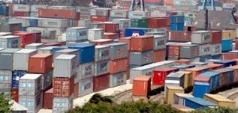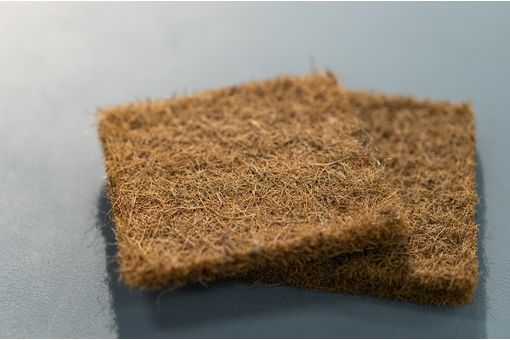Interviews
North Carolina apparel makers opt sea route to trim costs
11 Oct '12
3 min read

Speaking about the environmental impact, a spokeswoman of Maersk Lines says, “The modes of transportation that make up end-to-end supply chains generate significantly different amounts of carbon emissions. For the same distance, trains generate 3-4x as much CO2 as ocean transportation and trucking 5-6x more”.
“When textile/apparel manufacturers replaced trucking and rail with container shipping, they were able to effectively reduce their supply chain carbon footprint. When ocean is compared to other forms of transportation, container shipping is the most energy efficient mode, she explains by saying.
Finally, Glen informs that there is an inland savings of $600-$1000 per round trip move.
Fibre2fashion News Desk - India
Popular News
Leave your Comments
Editor’s Pick
































-Ltd..jpg?tr=w-120,h-60,c-at_max,cm-pad_resize,bg-ffffff)





.jpg?tr=w-120,h-60,c-at_max,cm-pad_resize,bg-ffffff)
.jpg?tr=w-120,h-60,c-at_max,cm-pad_resize,bg-ffffff)






